Beauty and fashion have dominated and defined our cultures and traditions. However, the “out with the old, in with the new” practice of producing new styles multiple times year—and with fast fashion nearly every week – has branded the fashion industry with its own label – wasteful.
BIO’s CEO Michelle McMurry-Heath speaks with experts from fashion and beauty on the I Am BIO podcast to examine the push for sustainability in fashion and how biotechnology can help the industry transform from wasteful to sustainable.
Full episode here: https://iambio.simplecast.com/episodes/solving-an-unfashionable-problem
When she started teaching her clothing reconstruction class 10 years ago, Professor Bridgett Artise of the Fashion Institute of Technology didn’t expect interest in the subject would boom so quickly. “I would say 80% of the students that take the classes now are pursuing a sustainable design certificate. To go from four seasons of pushing out fashion to 52 because of fast fashion, we need to really figure out how we could produce more ethically.”
Biotechnology companies are creating new ways to stop waste from happening. Jennifer Holmgren is CEO of Lanzatech, a company that has pioneered technology to turn gases into ethanol—commonly used in perfumes. Beyond a recent partnership with multinational beauty giant Coty, she is looking even further ahead saying, “For us, it’s a journey – a journey of making everything from recycled products.”
Journalists are taking notice too. Fashion journalist Alejandra Espinosa is the head of content at Luxiders Magazine, a Berlin-based publication focused on conscientious consumers. “I have seen how designers are continuously implementing technology in their designs. And I believe that this is going to be the future of fashion because biotechnology is providing tools and processes that will deliver a smaller manufacturing chemical footprint and eliminate waste…”
The problem of wastefulness in the fashion industry won’t go away overnight, but biotech offers some exciting and viable solutions to a very large problem.
Listen to the full episode here: https://www.bio.org/podcast or on your favorite podcast platform including Apple, Google, or Spotify.




.jpg?itok=5epg0qxZ)
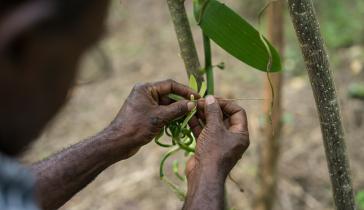

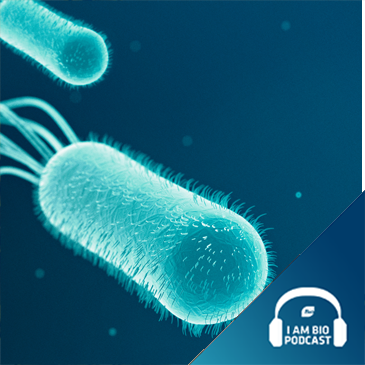
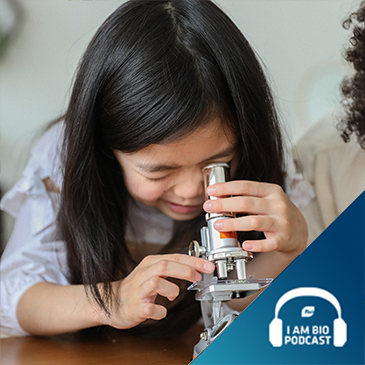


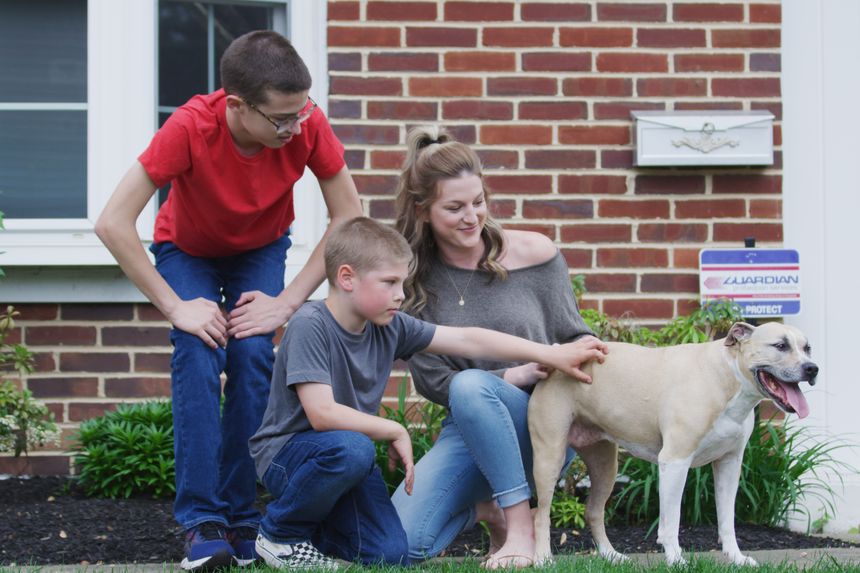
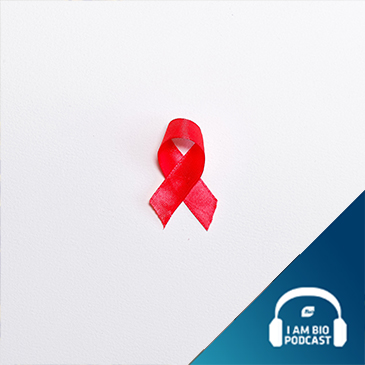







.png)


